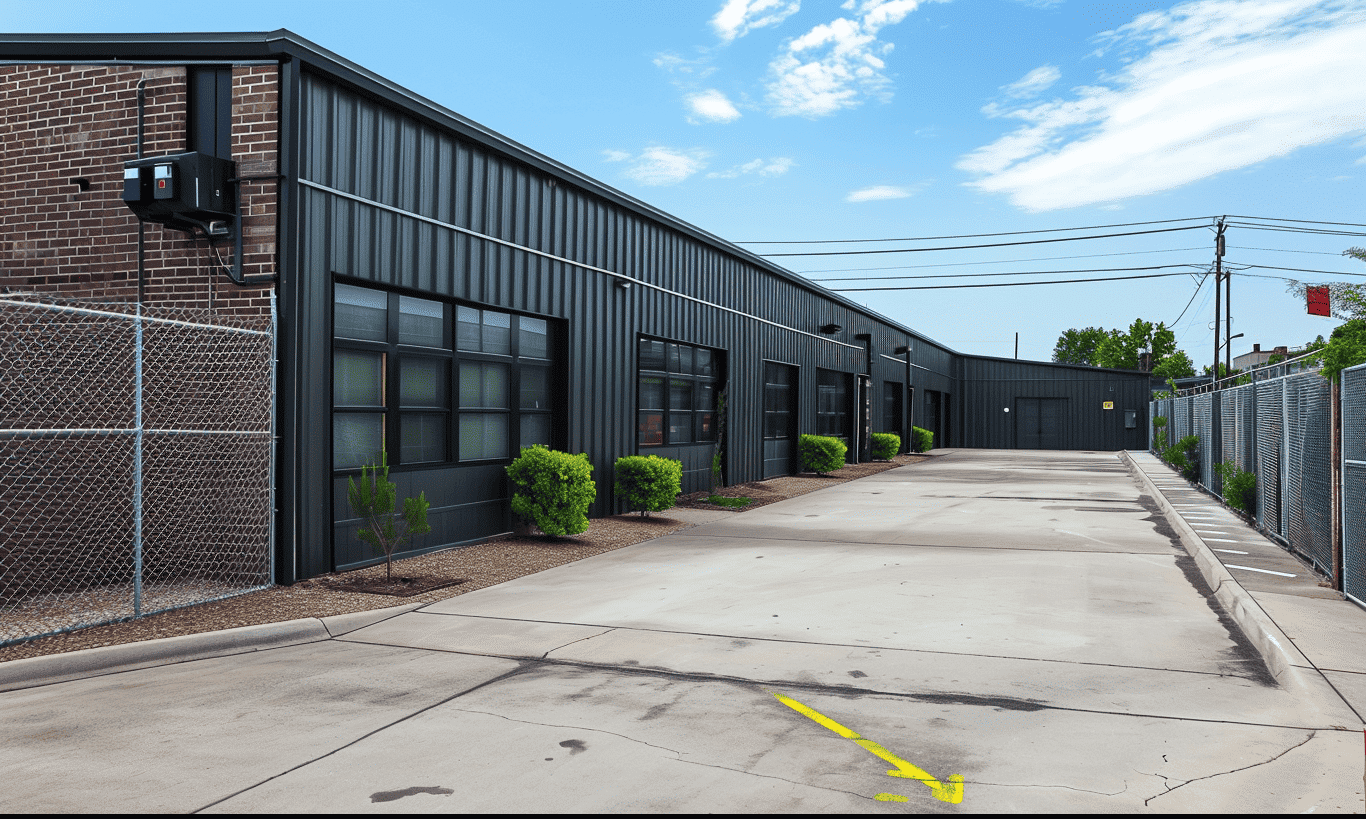Uber Takes Stand Against Racist Misconduct: Lessons for the Construction and Real Estate Industry
Global ride-sharing giant, Uber, recently took a significant step in addressing racism within the platform when it banned a customer for a racist verbal assault on Alberta driver, Mandeep Sehgal. While the incident is outside the realm of construction and real estate development, it raised vital points regarding treatment of workers and contractors, plus the importance of maintaining a professional, respectful, and inclusive workplace.
The Incident and Uber’s Reaction
South-Asian driver, Mandeep Sehgal, shared a video of an abusive customer who launched a racist tirade against him. The incident created an uproar on social media, fueled by Sehgal’s claim that Uber was slow to reprimand the customer. In response, Uber finally took action and banned the user from its platform.
Inclusivity and Respect: It’s Time to Build Better Work Environments

The incident serves as a crucial reminder of the need for respectful and inclusive environments, irrespective of the industry. Contractors, employees, and customers play vital roles in the construction and real estate sectors. Therefore, it’s important to advocate for, and enforce, principles of respect and inclusivity.
Fostering a Respectful Environment: Role of Industry Leaders
The construction and real estate industry must design strategies to foster respectful, inclusive environments. From anti-discrimination policies, training sessions for employees and contractors, to grievance redressal systems, every facet needs to play a role.[Explore More]
Respect Begins at the Construction Site
Respect and inclusivity must not be treated as peripheral issues, but should be integral to a company’s fabric. A culture that fosters respect and inclusivity begins at the construction site, whether it’s a metal building project in Alberta or a high-rise development in Toronto.
Building a Better Future: Learning from the Uber Incident

While the Uber incident occurred in a different sector, it underscores the general need for improved workplace cultures, which translates directly to the real estate and construction industries. The banning of the Uber user, in this case, was a validation of the driver’s right to a respectful and inclusive work environment.
Collectively, industries can learn from this incident. It’s time to revamp our strategies, enforcing policies, and creating environments that not just celebrate diversity, but also uphold the values of respect and inclusivity.
Conclusion
Workplace respect and inclusivity are non-negotiable, not just from a human rights perspective, but also for the overall health of any consumer-facing industry, be it ride-sharing or real estate development. The Uber incident serves as a reminder that unaddressed social issues can escalate, impacting your brand’s reputation.
Remember, a hostile work environment can hinder productivity, and in the long run, affect your bottom line. Build a work culture that promotes respect, inclusivity, and diversity with comprehensive policies and measures. Let’s strive to construct not just buildings, but also an industry that stands tall on these principles.
What are your experiences with workplace inclusivity? Are you a part of any initiatives that are working towards creating a respectful and inclusive work culture? Share your experiences and thoughts in the comments below.
Original news source link: https://www.cbc.ca/news/canada/calgary/uber-bans-customer-racist-tirade-1.7370880?cmp=rss




